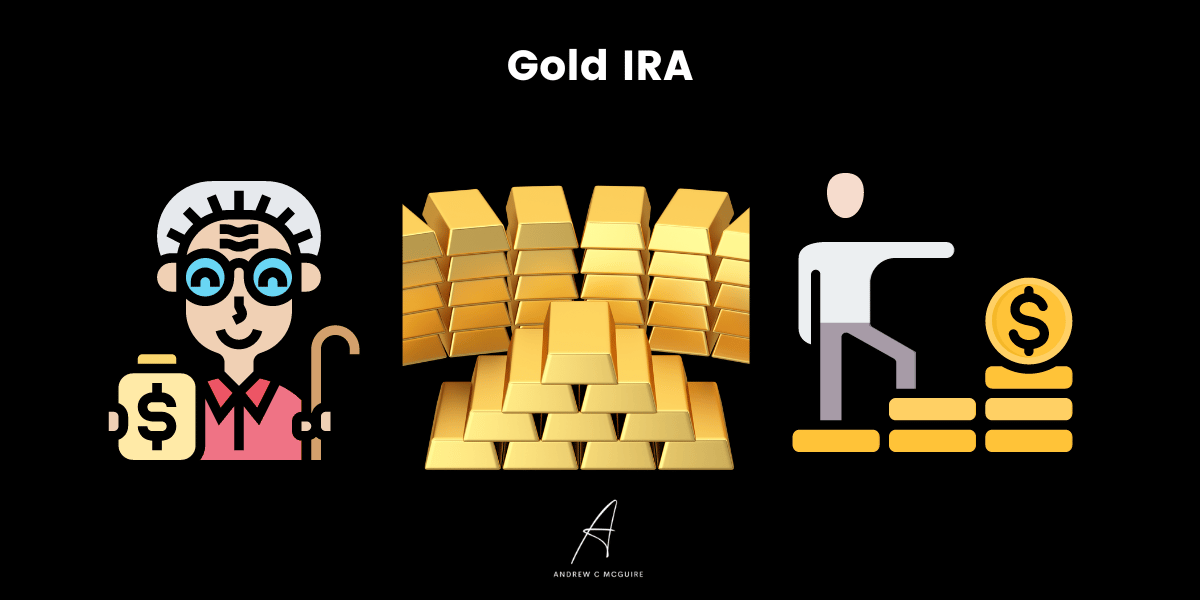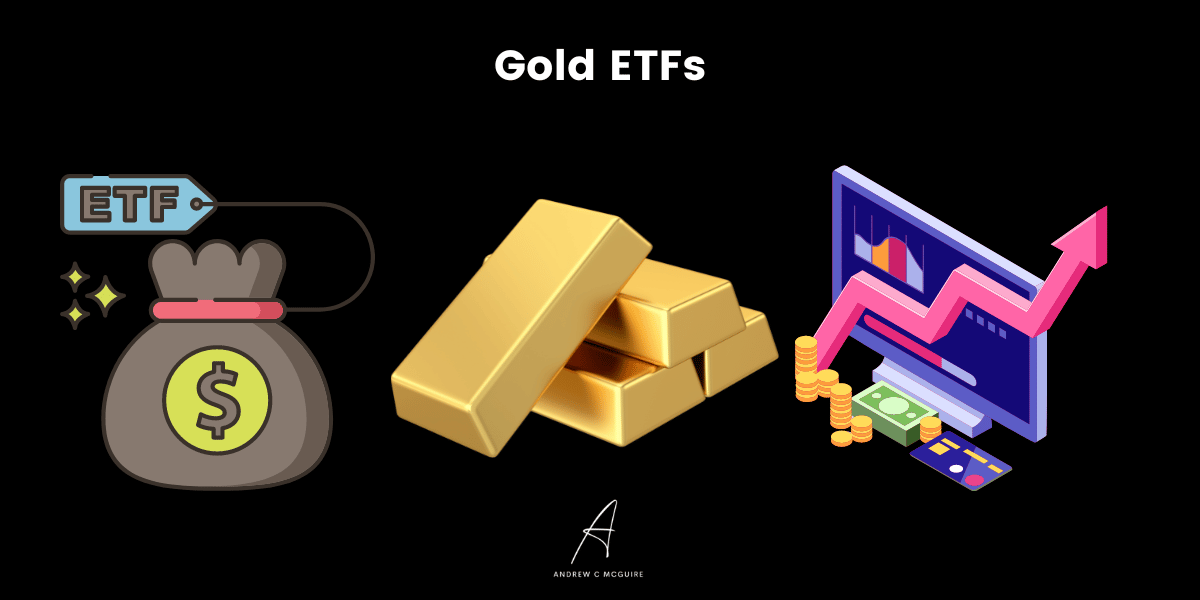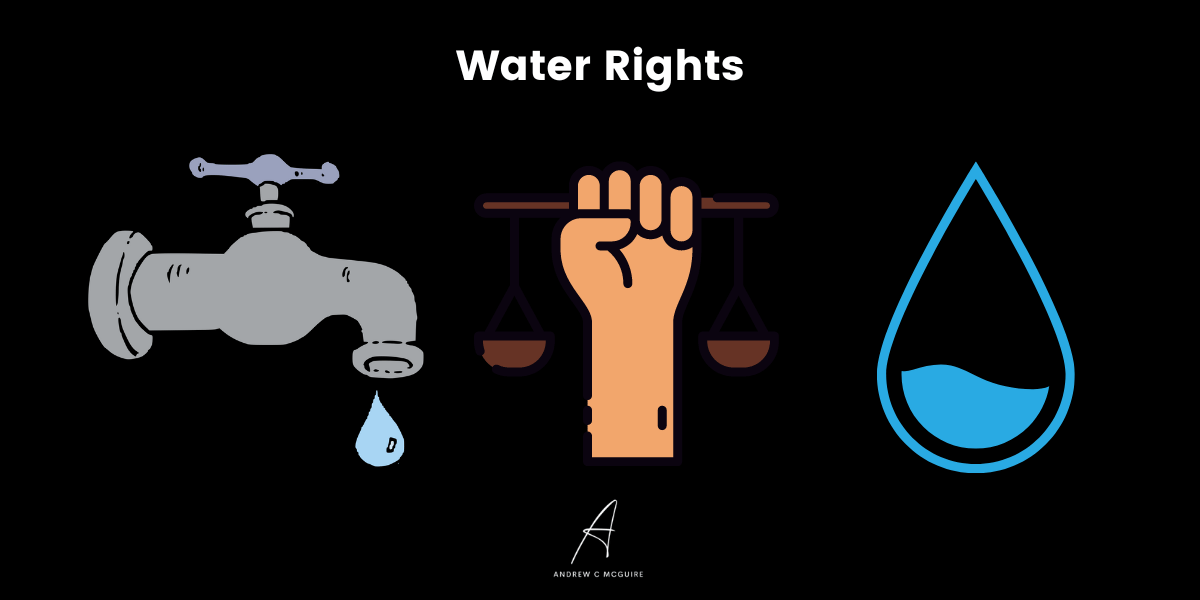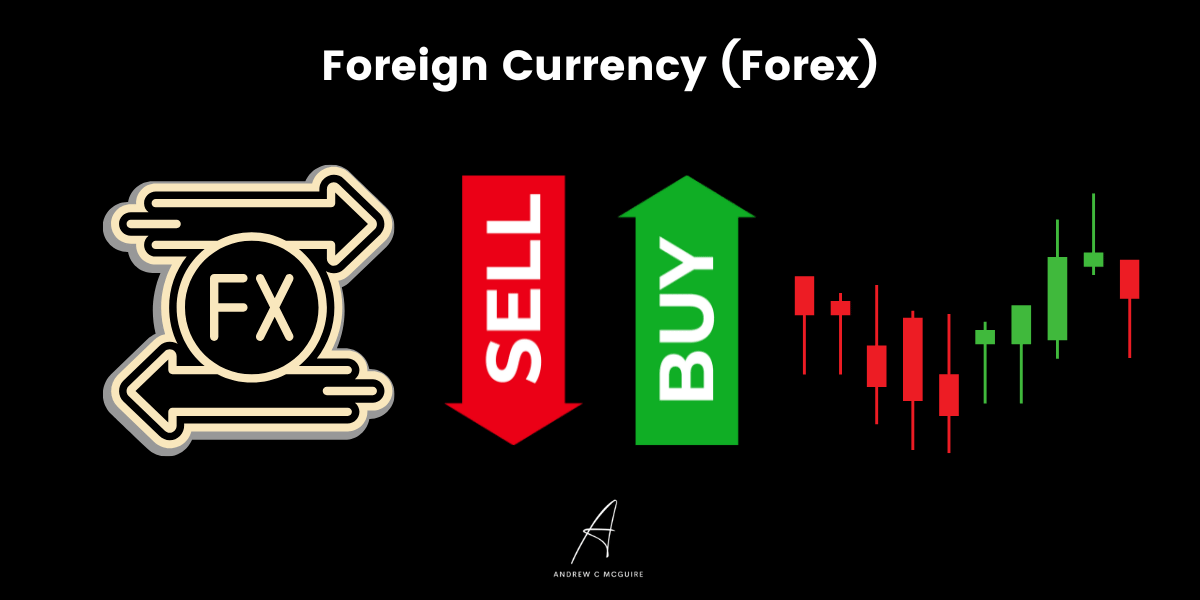Are you looking for strategies to invest your 500k? Let us help you navigate the world of wealth generation and protection with our expertise. We will discuss investments, precious metals, gold investments, mutual fund, real estate, index funds, high-yield savings accounts, and more to ensure that your money is put in a secure position. Investing can be intimidating but let us make it easier for you. Even when investing in a diversified portfolio, it is vital to get accredited investors and work with brilliant financial advisors to get the best – this is why I recommend Augusta Precious Metals as the #1 gold and precious metals IRA investment company.
- Money magazine’s “Best Overall” Gold IRA Company in 2022
- Quarterback Joe Montana and his financial team chose Augusta
- Zero fees for up to 10 years — every customer qualifies
- Investopedia’s “Most Transparent” Gold IRA Company in 2022
- Free guides on how to avoid gimmicks & high-pressure tactics used by gold IRA companies
We earn a commission if you make a purchase, at no additional cost to you.
Investing 500k is a major decision and it’s important to make sure you have an investment strategy that works for your needs. With the world’s current state of economy, it can be hard to know which investments are best suited for protecting and growing your wealth over time. There are many options available, from gold IRA accounts to real estate purchases or cryptocurrency investments – but how do you decide what’s right for investing a half million dollars? Investing in precious metals such as Gold ETFs may be one way; however water rights, foreign currency (Forex), opening a money market account, or even land could also provide attractive opportunities when investing 500k. In this blog post, we’ll explore all these different strategies so you can find the perfect option when deciding where to invest your money wisely. Before we launch into the core of investing half a million dollars, check out what Joe Montana, the all-time famous quarterback says about Augusta Precious Metals and why his qualified financial advisor chose the company as the best gold and other precious metals investment company for anyone.
[presto_player id=4770]
Gold IRA
A Gold Individual Retirement Account (IRA) allows you to invest in physical silver, gold, platinum, and palladium. It works similarly to a traditional IRA in that it offers tax-deferred growth potential on your investments. The main difference between a Gold IRA and other types of IRAs (Individual Retirement Accounts) is the ability to hold physical precious metals as part of your portfolio.
A Gold Individual Retirement Account (IRA) gives the opportunity for investors to hold physical gold, silver, platinum, and palladium in their retirement portfolios. These precious metals are held in a custodial account by the IRS-approved depository on behalf of the investor. The main benefit of investing in a Gold IRA is its ability to hedge funds from inflation and economic downturns.
Gold has been a form of currency for centuries due to its scarcity and durability. It’s also one of the few assets that can maintain its value over time, even during periods of economic turmoil or market volatility. By investing in gold through an IRA, you can hedge against potential losses caused by stock market declines or other financial shocks while still enjoying some appreciation if prices rise.
Setting up a Gold IRA is relatively straightforward but it does require some research into different investment products available such as coins, bars, or ETFs (Exchange Traded Funds). Coins are usually more expensive than bars but offer greater liquidity since they can be easily traded on exchanges like COMEX and NYMEX whereas bars may need to be sold back to dealers at discounted rates depending on supply and demand conditions at any given time. ETFs allow investors to buy shares representing ownership stakes in funds that invest directly into physical gold bullion without having to store it themselves; this option offers greater diversification benefits since each share represents multiple pieces of metal stored across various locations around the world.
Advantages
Investing in a Gold IRA can provide investors with several benefits, including diversification from stocks and bonds, protection against inflation, and potentially higher returns over time due to the increasing value of gold. Additionally, since gold has been used as currency for thousands of years it may be seen as more stable than other investment options such as stocks, mutual funds, or corporate bonds which are subject to market fluctuations.
Disadvantages
There are some drawbacks associated with investing in a Gold IRA including storage costs for the metal itself and additional fees charged by custodians who manage these accounts. Additionally, there may be restrictions on how much money you can contribute each year depending on your income level or account type so it’s important to understand these rules before investing. Finally, while gold prices have historically risen over time they do not always go up so investors should be aware that their investment could lose value if prices decline significantly during their holding period.
When choosing between these options for your Gold IRA portfolio, consider factors such as cost efficiency, ease of trading, and storage requirements before making any decisions. There are numerous online resources available that provide detailed information about each product type so make sure you do your research thoroughly before committing to your personal finance.
Gold IRAs are a great way to protect your wealth from inflation and recession. Investing in real estate can also be an effective strategy for generating income and building wealth. Lastly, it is important to review any fees associated with setting up this type of account before making any final decisions about where to best place your savings long-term.
Key Takeaway:
Investing in a Gold IRA can provide investors with diversification, protection against inflation, and potentially higher returns. It is important to consider storage costs, additional fees charged by custodians, contribution limits, and the possibility of gold prices declining before investing.
Real Estate
Real estate investments can make a great way to protect your wealth from inflation and recession. Real estate investing has many advantages, including the potential for long-term capital appreciation, income generation through rental properties, tax advantages, and diversification of your investment portfolio.
There are several forms of real estate investments you can make. Rental properties involve buying residential or commercial property that you rent out to tenants. Real Estate Investment Trusts (REITs) permit investors to buy shares in a professionally managed portfolio of real estate assets without having to purchase the actual physical rental property themselves. You can also invest in land development projects such as building new homes or renovating existing buildings into condos or apartments. Finally, there are publicly traded REITs that trade on stock exchanges like any other company’s stock but represent ownership stakes in various kinds of real estate assets instead of corporate equity securities.
When choosing an investment strategy for your Real Estate Investment Trust, it is important to consider factors such as location, market conditions, potential returns on investment (ROI), liquidity needs, and risk tolerance levels before making any decisions. Calculating the ROI involves taking into account all associated costs with the purchase and sale of the property along with expected rental income over time if applicable so that you can know what kind of return you will receive on your investment after factoring in all expenses related to owning and managing the asset(s).
Real estate can make a great way to invest 500k and diversify your portfolio, but it’s important to consider other options as well, such as cryptocurrency.
Key Takeaway:
Real estate investments can provide long-term capital appreciation, income generation, tax benefits, and portfolio diversification. Factors to consider include location, market conditions, ROI calculations, and risk tolerance levels.
Cryptocurrency
Cryptocurrency is a digital asset developed to function as a means of exchange. It uses cryptography to safeguard and verify transactions, as also to control the creation of new units of a particular cryptocurrency. Cryptocurrencies are decentralized networks on blockchain technology—a distributed ledger executed by a disparate network of computers.
There are hundreds of different types of “coins” available for investment in the cryptocurrency market. The most popular include Bitcoin, Ethereum, Litecoin, Ripple, Dash, and Monero. Each coin has its own set of features that make it unique from other coins in terms of usability and potential returns on investment (ROI).
Investing in cryptocurrencies can be highly lucrative but also carries with it significant risk due to their volatile nature. On one hand, they offer the potential for large gains if you pick the right ones at the right time; however, they also carry an equally high chance for losses if not managed properly. As such it is important to understand both sides before investing any money into them.
When choosing which type(s) of cryptocurrency to invest in, there are several factors that should be taken into consideration including price volatility, liquidity, and market capitalization among others. Once you have chosen your desired currency(ies), setting up a digital wallet is necessary so that you can store your coins securely until ready for use or sale/exchange back into fiat currency (USD, etc.). Popular wallets include Coinbase and Blockchain, among many others available online depending on which type(s) you choose to invest in.
Cryptocurrency is a digital asset developed to function as a means of exchange. It uses cryptography to safeguard and verify transactions, control the creation of additional units, and manage the transfer of assets. Cryptocurrencies are decentralized networks on blockchain technology—a distributed ledger executed by a disparate network of computers.
Bitcoin (BTC) is the most popular cryptocurrency in circulation today, followed by Ethereum (ETH), Ripple (XRP), Litecoin (LTC), and many others. Each has its own unique features that make it attractive to different types of investors. For example, Bitcoin is known for its high liquidity and low transaction fees; Ethereum offers smart contracts that enable developers to create applications with automated functions; Ripple provides fast settlement times; while Litecoin offers faster block times than other cryptocurrencies.
Cryptocurrency can be used as an investment vehicle similar to stocks or bonds due to their potential for appreciation over time. As more people adopt them into their portfolios, prices tend to increase accordingly due to increased demand from buyers who believe they will become more valuable in the future. Additionally, some cryptocurrencies offer staking rewards which allow holders to earn passive monthly income just by holding coins in their wallets without having to actively trade them on exchanges or participate in mining activities like traditional investments do with dividends or interest payments respectively
Investing in cryptocurrency carries both benefits and risks that should be considered before making any decisions about investing your money into this type of asset class as well as other asset classes. On one hand, there is potential for significant returns if you choose wisely since these digital currencies have been known to appreciate rapidly over short periods of time when market conditions are favorable; however, there is also potential for losses if you do not know what you’re doing since prices can fluctuate wildly depending on news events related directly or indirectly with crypto markets such as government regulations or hacking incidents involving major exchanges like Mt Gox back in 2014 which caused BTC prices to plummet from around $1000 USD per coin down below $200 USD within weeks after the hack was announced publicly.
Cryptocurrency is a viable option for those looking to invest their 500k, but it can be volatile. Gold ETFs are another way to protect your wealth from inflation and a recession – let’s explore this option further.
Key Takeaway:
Cryptocurrency investments can be highly lucrative but also carry significant risks due to their volatile nature. Key factors to consider include price volatility, liquidity, and market capitalization. Setting up a digital wallet is necessary for the secure storage of coins until ready for use or sale exchange back into fiat currency.
Gold ETFs
Gold ETFs are exchange-traded funds that track the price of gold. They provide individual investors with a way to invest in gold without having to buy and store physical bullion. Gold ETFs are traded on stock exchanges, just like stocks or bonds from a brokerage account, and can be purchased and sold throughout the day.
Investing in Gold ETFs has its advantages over buying physical gold. For starters, it’s much easier to purchase and sell shares of an ETF than it is to purchase or sell actual bars of gold. Additionally, there are no storage costs associated with owning a Gold ETF since you don’t actually own any physical metal; instead, your ownership is represented by a share certificate held by the fund manager.
When investing in Gold ETFs, investors should consider several factors such as cost structure (fees), liquidity (how easy it is to trade), trading volume (number of trades per day), and tracking error (difference between the performance of the fund versus its benchmark). It’s also important for investors to understand how their chosen fund will be taxed before making any investment decisions so they can plan accordingly for potential capital gains taxes when selling their holdings at some point down the road.
The risks associated with investing in Gold ETFs include market risk due to fluctuations in prices as well as counterparty risk if your broker fails or goes bankrupt while holding your assets on your behalf – this could result in loss of all invested capital if not managed properly. Additionally, because these investments are subject to inflationary pressures they may not perform as expected during periods where inflation rises faster than expected which could lead to losses even if other markets remain stable or rise over time.
Overall, investing in Gold ETFs can be an effective way for individuals looking for protection from inflationary pressures and recessionary environments while still taking advantage of potential upside returns from rising precious metals prices over time. However, it is important to carefully consider all aspects related including fees/cost structure, liquidity levels/trading volumes, and tax bill implications prior to committing any capital to these investment types.
Gold ETFs are a great way to invest in gold without having to store it physically and can provide investors with an effective way to hedge funds from the effects of inflation and recession. Moving on, let’s take a look at investing in water rights as another option for protecting your wealth.
Key Takeaway:
Investing in Gold ETFs can provide protection from inflation and recessionary environments while taking advantage of potential upside returns. Factors to consider include cost structure, liquidity, trading volume, tracking error, and taxation implications.
Water Rights
Water rights are a type of asset that gives the owner the right to use and control water from a certain source. They can be used for diverse purposes, such as irrigation, hydroelectric power generation, or even recreation. Water rights are typically issued by governments or other entities with authority over water resources.
The benefits of investing in water rights include potential long-term appreciation in value due to increasing demand for access to clean drinking water and rising population growth. Additionally, owning a piece of this valuable resource may provide financial security during times of economic uncertainty since it is not subject to inflationary pressures like stocks and bonds.
Investing in water rights also carries some risks including legal challenges from competing claimants and environmental regulations that could limit its use or reduce its value. It’s important to research any potential investment thoroughly before committing funds so you understand all the associated risks involved.
When choosing an investment opportunity involving water rights, consider factors such as location (water sources near growing populations tend to appreciate faster), availability (how much is available for sale?), price (are there any discounts offered?), and usage restrictions (what kind of activities can be conducted on the property?). It is also important to calculate your expected return on investment based on current market conditions using tools like discounted cash flow analysis or net present value calculations in order to make a well-informed decision.
Finally, make sure you work with reputable professionals who have experience dealing with these types of investments so they can help guide you through the process safely and efficiently while minimizing risk exposure. This will ensure that your investment is handled in a secure manner and that any potential risks are minimized.
Water rights can be a great way to protect your wealth from inflation and recession, but it’s important to know the risks associated with this type of investment. Now let’s look at another strategy for protecting your wealth: foreign currency (Forex).
Key Takeaway:
Investing in water rights can provide financial security and potential long-term appreciation due to the increasing demand for access. Before investing, research the opportunity thoroughly including factors such as location, availability, price, and usage restrictions. Work with reputable professionals to ensure your investment is handled securely and minimize risk exposure.
Foreign Currency (Forex)
Foreign currency, or Forex, is a form of investment that involves trading in international currencies. It is the largest and most volatile financial market in the world with an average daily turnover of more than $5 trillion. The goal of forex investing is to make profits by buying and selling different currencies against each other.
Forex trading can be profitable if done correctly, but it also carries significant risks due to its highly volatile nature. Investors must understand how exchange rates are determined before they start trading in order to maximize their returns while minimizing their losses. Exchange rates are determined by supply and demand as well as economic factors such as inflation, interest rates, political stability, and economic growth.
When choosing which foreign currency to invest in, investors should consider factors such as liquidity (how easy it is to buy or sell), volatility (the amount of price movement), and correlations between different currencies (how one currency affects another). They should also assess the potential returns from their investments based on current market conditions and expected future movements.
In addition to understanding these basic concepts about forex investing, traders must also have access to reliable data sources for up-to-date information on exchange rates so they can make informed decisions when entering into trades. Traders may use technical analysis tools such as charts or indicators for predicting future trends in exchange rate movements or fundamental analysis techniques such as news reports or economic data releases for assessing longer-term prospects for a particular currency pair.
Finally, investors should always practice risk management when engaging in forex trading by setting stop-loss orders at predetermined levels that will limit any losses incurred if prices move against them unexpectedly. By following these guidelines along with sound research and analysis skills, investors can potentially generate profits from foreign currency investments while limiting their exposure to the risks associated with this type of investing activity.
Key Takeaway: The key takeaway from the above is that forex trading can be profitable if done correctly, but it also carries significant risks due to its highly volatile nature. Investors should understand exchange rates, consider factors such as liquidity and volatility, assess potential returns, have access to reliable data sources, and practice risk management when engaging in forex trading.
Conclusion
Investing 500k can be a daunting task, but with the right strategies and knowledge, it can be done. Whether you choose to invest in gold IRAs, real estate, cryptocurrency, gold ETFs, land or water rights, or foreign currency (Forex), there are plenty of options available for those looking to invest 500k. It is critical to do your research and understand the risks associated with each investment option before investing your hard-earned money. With proper planning and due diligence, you will be able to find an investment strategy that best suits your needs and helps protect your wealth from inflation and recession.
Andrew’s Gold IRA Pick
Augusta Precious Metals is the most trusted gold IRA company






